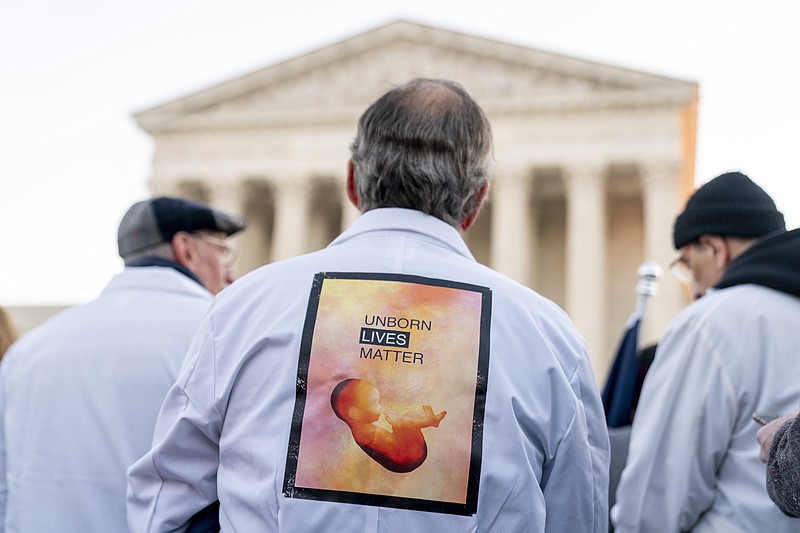When my wife was pregnant with our two children I felt many things: elation, trepidation, awe.
And a slight bit of envy.
Alongside the joy and wonder of witnessing her birth our son then daughter, I was subtly jealous.
She carried our children inside her. Birthed them, nurtured them. They were a part of her. Literally.
Such intimate connection with them was immeasurable compared to mine. I did all I could - changing diapers, cuddling and coo-cooing - but still remained distant, watching from the sidelines as the JV parent.
My male body could not do what hers did.
It was inadequate and deficient in comparison.
All male bodies are.
The German psychoanalyst Karen Horney called this "womb envy" - the subconscious envy and jealousy in the male psyche towards women and mothers.
We cannot give birth. We are not life-givers.
In such context, our male bodies, no matter how fast and strong and agile they become, will always remain inferior.
Thus, envy.
And, for some, resentment.
Horney posited that womb envy leads to men seeking dominance in other areas. Because we cannot give birth, we overcompensate, or so the theory goes.
Is anti-abortion legislation a form of such resentment?
The U.S. Supreme Court has heard opening arguments in a case that could diminish Roe v. Wade; the Court's decision, as one Southern Baptist leader said, will be among the most important words ever spoken by the justices.
Personally, I believe life begins not only early in the womb, but, inexplicably and mystically, long before. You might call me pro-life.
I also believe women should have full rights over their bodies. You would also call me pro-choice.
Yet, as a man, I should hold neither belief without first considering how I and other men view pregnancy, the womb and the female body.
What bias and baggage do I bring to the abortion debate?
If I'm looking for clarity or wisdom, American culture doesn't help. Breasts and butts are everywhere. Hips, lips, bikinis, pornography, semi-naked magazine images in the grocery store checkout - all these objectified ways of seeing the female body are normalized in our culture.
Such a pervasive "male gaze" - a term developed by feminist thinker Laura Mulvey - serves to undermine the womb; female bodies are prized more for sex and pleasure, less for intellect, voice, maternal power, business acumen or athleticism.
Sex is everywhere yet nowhere; for all our cultural objectification, we still operate under an old taboo that stifles talking, teaching and preaching about sex in wise, healthy and graceful ways.
Instead, we joke about menstruation and virginity. Men insult other men for being weak. "You, p--y." (What a strange linguistic device - insulting one another using the very part of the female body from which we emerged.)
This can lead to misogyny and violence. My wife says she does not know one woman who has not been accosted, assaulted, touched, groped, raped, catcalled, joked at, advanced upon by a man or men. Friends describe precautions they take on simple trips to the store.
"Don't park next to a panel van. Don't wear my hair in a ponytail; it can be grabbed and yanked more easily," one friend says. "I carry my keys so they are between my fingers, like a weapon. Don't stare at my phone; it suggests I'm distracted."
How can we debate abortion without first acknowledging all the ways women already suffer from a loss of power and control over their bodies?
How many places do women feel truly safe and free?
Years ago, a friend - a local priest - stopped using the masculine pronoun when she spoke of God. She was not denying the masculinity of God, but rather reminding herself and others that the divine is as much female as male.
That was a powerful lesson for me.
What had I gained by defining God as male?
As a young father, my envy stemmed from the ways I was building my masculinity around achievement, attempts at power and success. Quite clearly, I had encountered a woman whose body was far superior, necessary and capable than mine.
Part of my psyche didn't know how to handle that.
Over time, my masculinity shifted, becoming less about acquisition, validation and accomplishment, more about honesty, vulnerability and spirit.
So my wife's power and strength are not threats.
Her womb and body are hers.
Not mine.
Before I understand abortion, I had to understand that.
David Cook writes a Sunday column and can be reached at dcook@timesfreepress.com.
